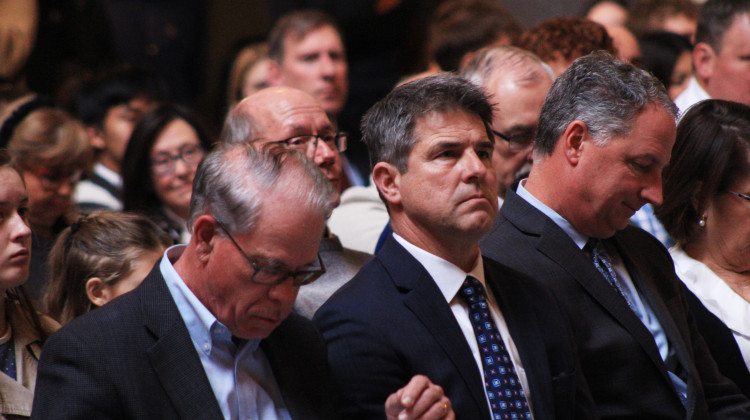The Senate Utilities Commission heard five and a half hours of public testimony Thursday on a bill that would overhaul an alternative energy practice called “net metering.”
This practice allows people with solar panels to sell the excess energy they produce back to the grid at the retail rate.
But Republican Sen. Brandt Hershman’s bill would allow utility companies to reimburse owners at a wholesale rate instead, which is lower.
President of the Indiana Energy Association Mark Maassel says this would protect non-solar customers.
“We think Senate Bill 309 is a tremendous balance of several critical policy issues facing the state of Indiana,” Maassel says. “One is to increase the ability for customers to use generation that’s installed on their own property, but also, the need to make sure that they do so in a way that does not put a subsidy on their fellow customers.”
Maassel was one of four speakers who testified in support of Senate Bill 309.
But most of the lengthy testimony opposed it, including small business owners, schools and religious organizations. Critics say the measure would muscle out smaller competitors from the emerging solar market.
Scott Turney of the Indiana Small and Rural Schools Association was one of many asking for exemptions for schools.
“You’re not the education committee. You’re not the appropriations committee,” he says. “You’re the utilities committee, but you do stand able to help education and move money back to the classroom.”
Religious organizations also asked for an exemption. The committee might look at the bill again next week. If the bill passes this committee, it will move to the Senate for a vote.
 DONATE
DONATE






 View More Articles
View More Articles


 Support WFYI. We can't do it without you.
Support WFYI. We can't do it without you.